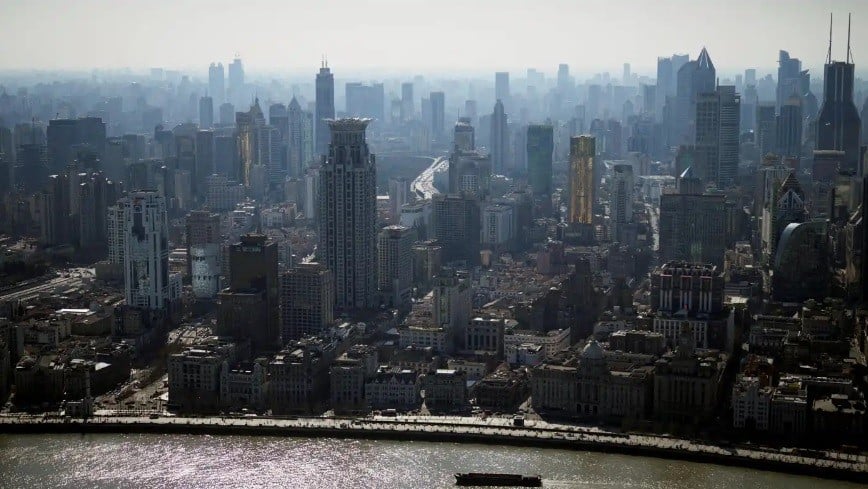 |
| Is the decline in China's economic size within the global economy due to internal factors? (Source: Reuters) |
China's rise as an economic superpower is being reversed and is likely to create a new historical turning point for the global economy in the coming decades.
China's share of the global economy has increased tenfold, from less than 2% in 1990 to 18.4% in 2021. This is the first and only time the world has witnessed such rapid and sustained growth.
However, the reversal has begun. In 2022, China's share of the world economy declined slightly, and by this year, the rate of decline is accelerating, falling to 17%. The 1.4% gap over the past two years marks the largest drop in China's market share since the 1960s.
Assessing the reasons for the decline in China's economic size within the global economy, some economists believe that it largely stems from internal factors within the superpower itself.
First, there's the issue of the workforce. China's long-term potential growth rate, based on the total number of new workers entering the workforce and output per worker, is currently at 2.5%.
China's low birth rate has reduced the world's working-age population share from a peak of 24% to 19%, and is projected to fall to 10% within the next 35 years. With the global workforce shrinking, smaller growth rates for both the Chinese and global economies are almost certain.
Secondly, there is the issue of public debt. Over the past decade, China's total debt has reached historically high levels for a developing country.
These two issues have slowed productivity growth, measured by output per worker. Fewer workers and weaker output growth per worker will make it difficult for China to begin regaining market share in the global economy.
In 2023, China witnessed a continuous depreciation of its currency. Investors are withdrawing money from the country at a record pace, putting further pressure on the yuan. Statistics show that foreign investment into Asia's largest economy decreased by $12 billion in the third quarter of 2023.
Not only are foreign investors leaving, but Chinese businesses themselves are also relocating overseas at an unusually rapid pace, depleting the supply of new capital for production.
While previously, the expansion of Chinese businesses' overseas investments was seen as beneficial to China, it now appears to be hindering the rapid recovery of the country's economy.
During a meeting with US President Joe Biden and the CEOs of major American businesses on the sidelines of the Asia- Pacific Economic Cooperation (APEC) Economic Leaders' Summit, Chinese President Xi Jinping mentioned that China still needs foreign business partners.
Source





![[Photo] Prime Minister Pham Minh Chinh attends the Conference summarizing and implementing tasks of the judicial sector.](/_next/image?url=https%3A%2F%2Fvphoto.vietnam.vn%2Fthumb%2F1200x675%2Fvietnam%2Fresource%2FIMAGE%2F2025%2F12%2F13%2F1765616082148_dsc-5565-jpg.webp&w=3840&q=75)


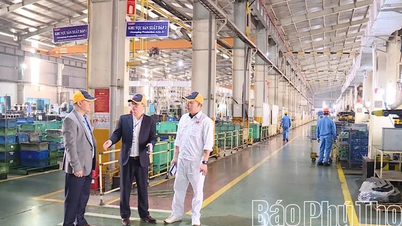



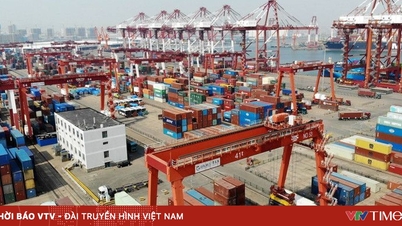

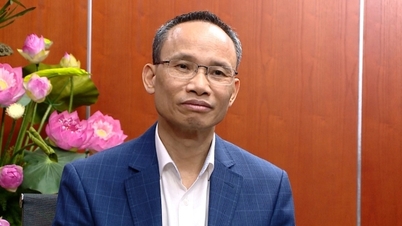

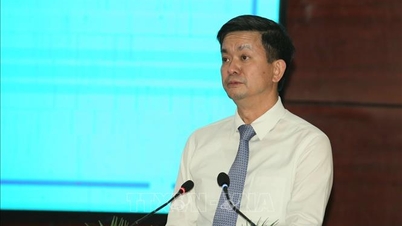

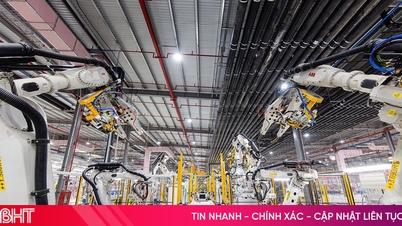









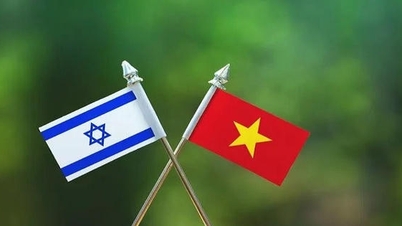





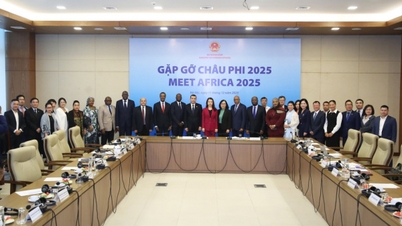


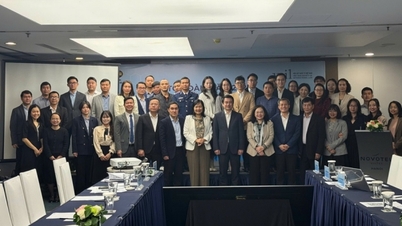
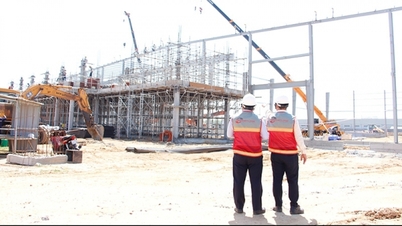










































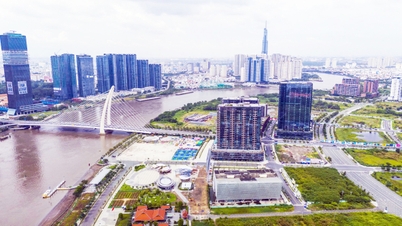





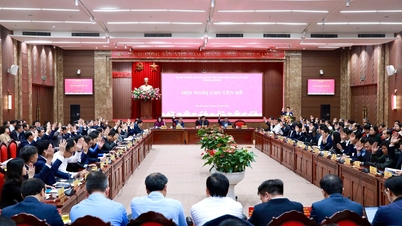

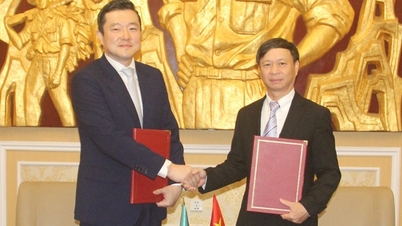

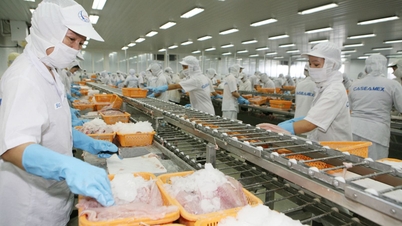


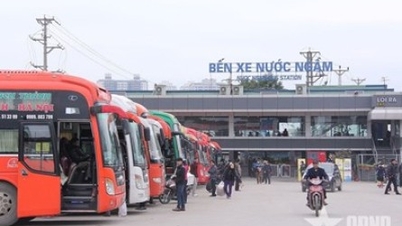

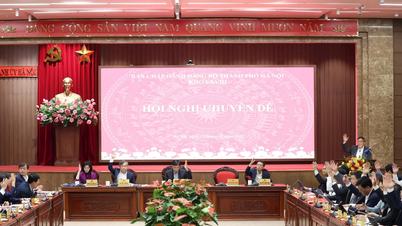



















Comment (0)